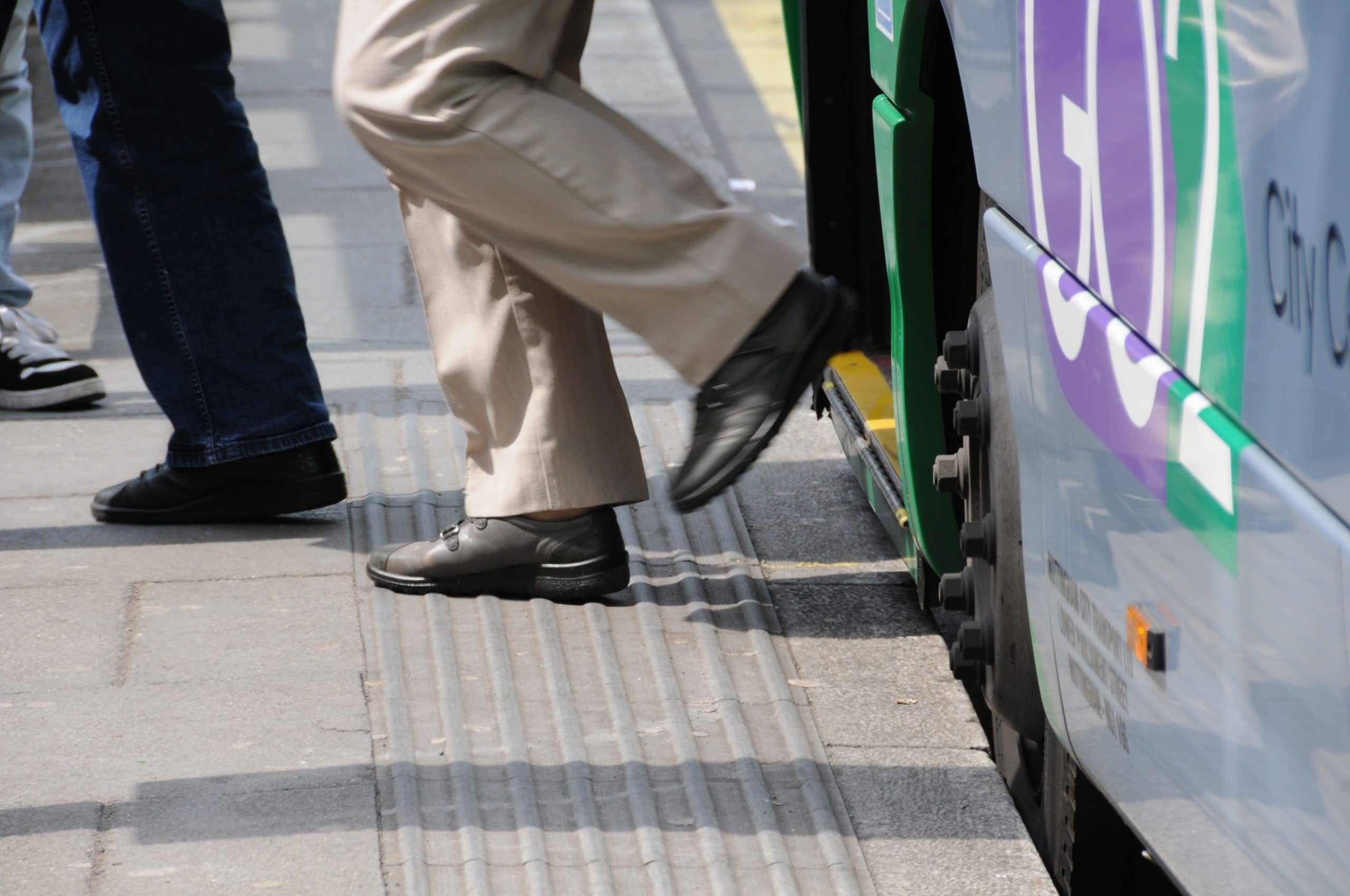Buying a new coach and not knowing how to look after it is potentially a difficult place to be. MAN’s customers for the Neoplan Tourliner are the latest to benefit from an OEM-staged training course
Having a brand new coach is nice, and some now come with manufacturers’ repair and maintenance contracts.
Nevertheless, there will inevitably come a time for most where the operator’s own engineers’ attention is necessary, and they need to know what they’re doing.
MAN is the latest OEM to offer technical training, on the Neoplan Tourliner range. The training is conducted at MAN’s Trafford Park dealership and it lasts for two days. It involves both classroom tuition and workshop time.
The course is led by Regional Manager, UK Bus and Coach Service Steve Lilley.
routeone attended a recent session, and among those present were technicians employed by operators of the Tourliner and a freelance engineer.
Also present were managers from two recent buyers, along with a technician from a dealer that supplies coaches on MAN chassis. All agree that the sessions are worthwhile.
Getting to grips
The course goes into a reasonable amount of detail but it is not exhaustive and delegates do not explore things such as heavy driveline work.
Instead, it focuses on day-to-day issues. They are those that while not hugely time-consuming to rectify for an engineer in possession of the right information, can nevertheless disable a coach, and the benefits of being able to deal with them quickly are obvious.
At Euro 6, says Steve, correct maintenance practices are more important than ever because of vehicles’ extensive electrics and the amount of heat generated in the engine bay.
“On the course, we communicate how important it is that vehicles are looked after properly and that the correct products are used when doing so. Training is also useful as operators share experiences and information.”
As an example, one operator present on March’s course had experienced problems with the door locking mechanism. After discussion with Steve and another operator of a similarly-aged Tourliner, it became clear that nothing was wrong; instead, an incorrect procedure was being followed.
Electronic dreams
At Euro 6, much diagnostic work is undertaken electronically. EU legislation mandates that vehicle OEMs make available an aftersales portal where information on their products is provided, although some of it is chargeable and most needs a log-in ID with a business VAT number.
The amount of data on MAN’s portal is extensive. Each individual Tourliner’s specifications can be found by inputting its VIN or vehicle number and much data is downloadable as PDFs.
“A huge amount of information is held on each coach, down to individual wire details. Additionally, all operating manuals are on the aftersales portal back to Euro 3, and users can download service check sheets,” says Steve. Information is updated in real time.
Seen by delegates as particularly valuable is the element of the portal that allows users to enter fault codes displayed on the dash.
Not only does the portal reveal what the fault is, but it delivers a file showing symptoms and possible causes. It also outlines possible remedies.
This, all present agreed, has the potential to save not only a large amount of time, but money too.
“With this level of information an operator may find that before starting to change sensors it is merely a blocked filter,” says Steve in regard to a specimen fault of low fuel supply pressure.
Hands-on experience
While time in the classroom exploring the aftersales portal is a valuable part of MAN’s training, more hands-on experience comes with the examination of a Tourliner undergoing pre-delivery inspection (PDI) at Trafford Park.
It includes a look underneath, and present during this part of the course was MAN’s dedicated coach and bus PDI examiner. He gave a number of useful tips that may help those present avoid niggling problems.
Steve also conducts a thorough run-though of the dashboard menu, giving much information on how to extract as much as possible from it.
Practical tips extend to AdBlue. Steve advises that two things are important: One is not to fill the tank to the brim, as doing so can confuse the sender unit. Daily filling should also be avoided, he adds. Instead, the level should be allowed to drop noticeably.
“The AdBlue level must be allowed to drop between fills. Otherwise, the system reognises no change in the level and it will record a fault. At least five litres should be added,” he says.
Additionally, the AdBlue system conducts a flush-through after each engine shutdown. It takes around 30 seconds, and Steve points out that if the coach’s master switch is turned off during that period, the process stops mid-flush, potentially leading to crystallisation.
Other elements examined on the course include exhaust regeneration, electronics, driver assistance, climate control and doors. Additionally, the importance of maintaining the cooling system is covered; at Euro 6 a huge amount of heat is generated and it must be disposed of appropriately.
MAN’s training does not seek to reinvent the wheel. Instead, it focuses on the smaller issues, and it imparts a lot of information that will help deal with them promptly. For those with Tourliners in their fleet, there is real value in sending technicians along.






















